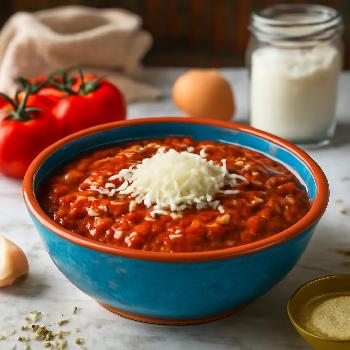Cooking Tips > Recipe Creation > Recipe Basics > What are some essential ingredients for a basic recipe?
What are some essential ingredients for a basic recipe?
Discover the pantry staples that will empower you to create a wide range of delicious dishes. This tutorial outlines the essential ingredients that form the foundation of countless recipes, ensuring you're always prepared to cook up something amazing.

Fats and Oils
Fats and Oils: These are crucial for cooking, sautéing, and adding richness to dishes. Consider keeping a few different types on hand:
Spices and Herbs
Spices and Herbs: These elevate the flavor of any dish. Start with these essentials:
Consider adding fresh herbs like parsley, cilantro, or chives for a brighter flavor, but dried herbs are a great start.
Basic Produce
Basic Produce: These vegetables form the base of many dishes:
Pantry Staples
Pantry Staples: These shelf-stable items are essential for a well-stocked kitchen:
Dairy (or Dairy Alternatives)
Dairy (or Dairy Alternatives): While optional depending on dietary needs, these add richness and flavor.
FAQ
-
Can I substitute ingredients if I don't have everything on the list?
Yes! Cooking is all about experimentation. Many ingredients can be substituted depending on the recipe and your preferences. For example, you can often substitute one type of oil for another, or use dried herbs in place of fresh. A quick online search can often provide suitable substitutions. -
How should I store these essential ingredients?
Store spices and herbs in a cool, dark, and dry place. Flour and sugar should be kept in airtight containers. Onions and potatoes should be stored in a cool, dark, and well-ventilated area, separately from each other. Canned goods should be stored in a pantry or cupboard. Dairy products should be refrigerated. -
Are there any ingredients I should add based on my specific dietary needs?
Absolutely. If you're vegetarian or vegan, consider adding beans, lentils, tofu, and other plant-based protein sources. If you're gluten-free, stock up on gluten-free flours, pasta, and other alternatives. Consider adding items specific to your needs.
